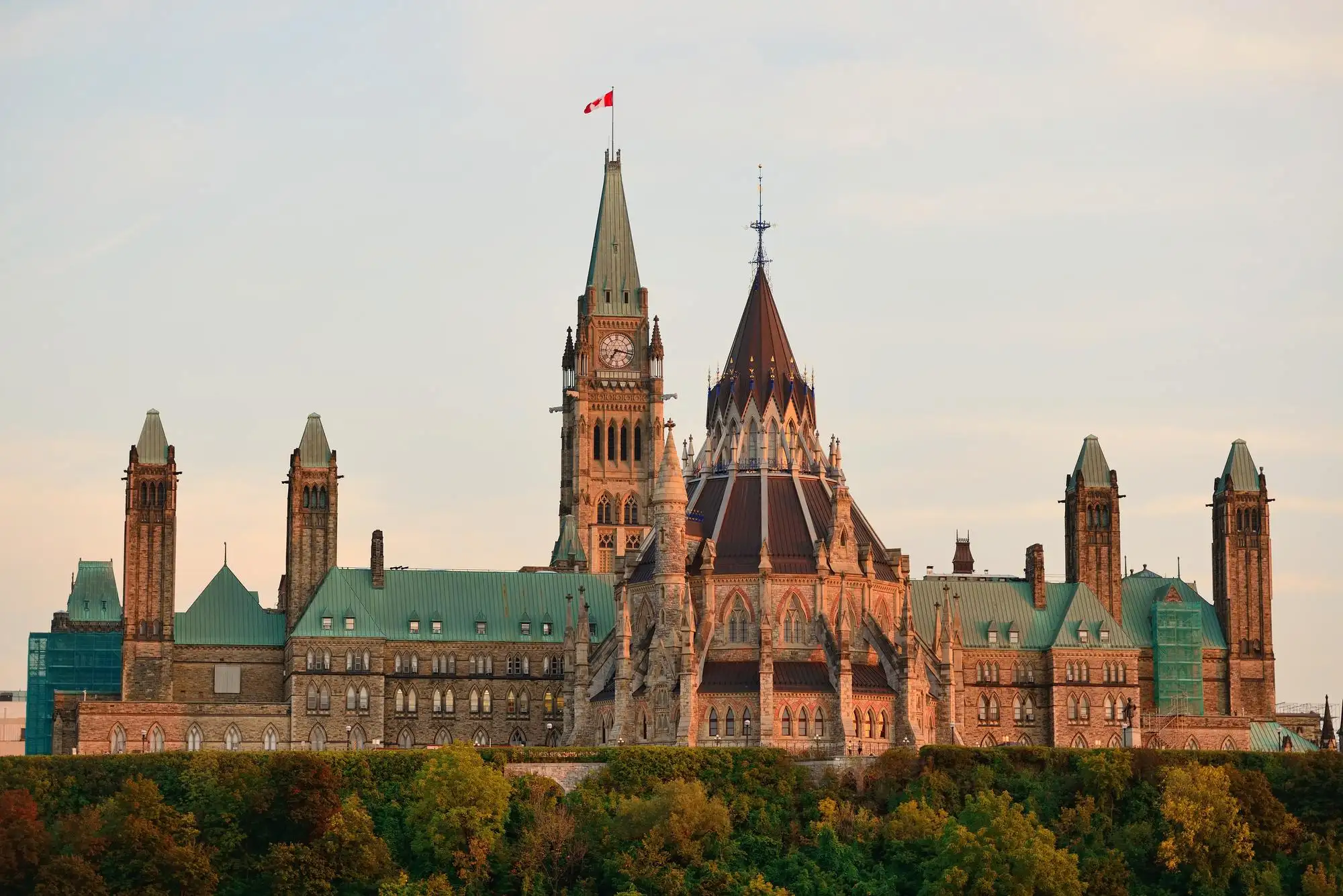The year 2022 was a busy year in the tax world. Coming out of the pandemic and dealing with an uncontrollable real-estate market, the government introduced many tax measures to boost the economy while controlling the housing market. We don’t expect as many tax measures in 2023. But we still expect the government to introduce some significant tax measures.
A new minimum tax for wealthy Canadians

According to the federal government, “wealthy Canadians” pay comparatively little personal income tax as a share of their income. In the 2022 Fall Economic Statement, the Liberal government expressed its commitment to introduce a new minimum tax regime to ensure that all wealthy Canadians pay their “fair share” of tax.
What will this minimum tax for wealthy Canadians look like?
We don’t yet know how this tax will work exactly. However, in their 2021 election platform, the Liberal government announced their intention to create a minimum tax rule so that everyone who earns enough to qualify for the top bracket pays at least 15 % each year, removing their ability to artificially pay no tax through excessive use of deductions and credits.
The top federal tax bracket in 2023 is $235,675. Therefore this minimum tax would likely apply to people earning more than $235,675 before factoring in certain deductions. The minimum tax ensures that these taxpayers pay at least 15% in taxes (assuming this is the rate that the government will announce in Budget 2023). If they already pay a 15% tax, this minimum tax will likely not apply. If they don’t – because of additional deductions or tax planning – the minimum tax is intended to apply.
Not all high-income earners are “wealthy”
We don’t know whether this minimum tax would exempt one-time transactions. For instance, many Canadians who would not consider themselves “wealthy” may have one year with high income. For instance, after decades of hard work and risk, they may have sold their business in the year. We think it would be unfair to levy this minimum tax, which could significantly affect their retirement. We hope the government does not levy this tax in such cases.
What should I do now?
A minimum tax could significantly shut down the benefits of many tax strategies. Assuming this minimum tax is not grandfathered to start from 2023 onwards, it may be prudent to accelerate some tax planning involving deductions (i.e., the lifetime capital gains exemption, etc.). It would be best if you began conversations with your tax advisor in early 2023 to review your overall tax plan and see the potential impact of the minimum tax. For instance, if you were planning on taking advantage of the lifetime capital gains exemption on selling your business or farm, a minimum tax could result in a significant amount of tax.
We expect details to emerge in the 2023 Federal Budget (around March to April 2023).
More tax measures targeting housing affordability
High-interest rates and rent are causing are making housing affordability a big issue, especially in large cities like the GTA. The government introduced many measures in 2022, such as the First-Home Savings Account and the Anti-Flipping Tax, to deal with housing affordability. However, many experts believe that these measures will not be enough. With a lack of supply, and Canada aiming to welcome 465,000 new immigrants in 2023, it will undoubtedly put more pressure on housing affordability. For this reason, we expect more measures targeting housing affordability in 2023.
This is what the government introduced in 2022:
- A two-year ban on non-Canadians purchasing residential property in Canada, effective January 1, 2023.
- A 1% annual “underused housing tax” on the value of non-resident/non-Canadian-owned residential property that is vacant or underused. This was effective January 1, 2022.
- The application of GST/HST to all assignment sales of newly constructed or substantially renovated residential housing, effective May 7, 2022.
- Tax-Free First Home Savings Account (FHSA), which would give prospective first-time home buyers the ability to save up to $40,000, tax-free.
- Double the First-Time Home Buyers’ Tax Credit, which would provide up to $1,500 in tax credits.
- A new refundable Multigenerational Home Renovation Tax Credit.
- A new Anti-flipping tax on properties held for less than 12 months starting in 2023, with certain exceptions for unexpected life events.
More Tax Measures Addressing Cryptocurrencies
The rise in cryptocurrencies and the digitalization of money are transforming financial systems in Canada and worldwide. At the same time, digital assets and cryptocurrencies have been used to avoid global sanctions and fund illegal activities in Canada. On top of this, scandals like FTX are putting governments on alert.
Canada’s tax rules have not kept up to pace with the rapid development in the cryptocurrency space. Tax practitioners rely on general principles and analogous non-cryptocurrency transactions when accounting for crypto transactions. There is a risk that Canada’s self-assessing tax system is not consistently taxing crypto transactions.
The government began consultations with stakeholders on digital currencies, including cryptocurrencies, stablecoins, and central bank digital currencies, on November 3, 2022. Expect to see some tax measures come out of such consultations.
Global Minimum Tax for Canadian Corporations Doing Business Overseas
A global minimum tax regime for large Canadian multinational corporations that would ensure that such corporations are subject to a minimum effective tax rate of 15% on profits in every jurisdiction in which they operate. The tax is meant to affect corporate groups with revenues of EUR 750 million or more).
The global minimum tax operates based on adjusted financial accounting income and adjusted accounting tax expense to calculate an “effective tax rate.” A minimum tax would arise if the effective tax rate is lower than 15% on a jurisdiction-by-jurisdiction basis.
Because there are differences in many countries between financial accounting income and taxable income, even a country with a much higher statutory tax rate can have an effective tax rate for financial accounting purposes below the 15% minimum rate. Examples of factors that cause such differences include the impact of accelerated tax depreciation, bonus depreciation, certain tax credits, and other tax adjustments.
We’re happy to help
If you have any questions about our article, please feel free to schedule a free consultation with one of our team members.


